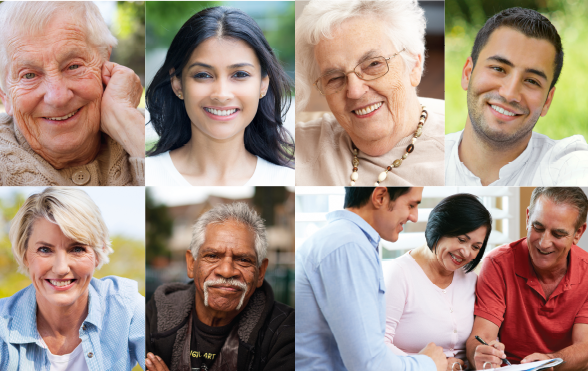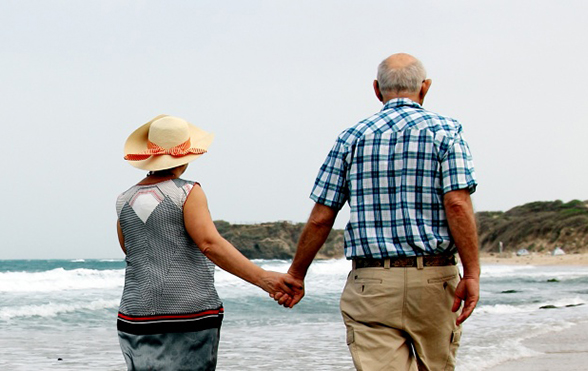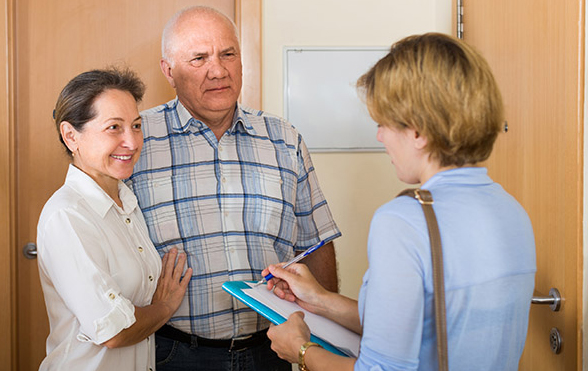- Cancer Care Services
- Types of cancer
- Anal cancer
- Bladder cancer
- Bone cancer
- Bowel cancer
- Brain cancer
- Breast cancer
- Cancer of unknown primary
- Cervical cancer
- Head and neck cancer
- Kidney cancer
- Leukaemia
- Liver cancer
- Lung cancer
- Lymphoma
- Mesothelioma
- Myeloma
- Neuroendocrine tumours
- Oesophageal cancer
- Ovarian cancer
- Pancreatic cancer
- Prostate cancer
- Skin cancer
- Stomach cancer
- Testicular cancer
- Thyroid cancer
- Uterine cancer
- Vaginal cancer
- Vulva cancer
- Patient stories
- Coming to hospital
- Support for patients and families
- Youth Cancer Service
- BreastScreen Queensland
- Resources
- Clinical trials
- Health professionals
- Types of cancer
Support for patients and families
Our team assists you and your family with your journey to, during and after hospital.
![]()
When you attend any hospital make sure that you ask the staff to contact the Indigenous Hospital Liaison Officer (IHLO) or Indigenous Patient Journey (IPJ) Officer, to come and assist you.
Patients have access to:
Indigenous Hospital Liaison Officer (IHLO)
Assist patients and their families, who reside in South East Queensland.
IHLO’s are available at:
- Caboolture Hospital
- Redcliffe Hospital
- The Prince Charles Hospital
- Royal Brisbane and Women’s Hospital
Indigenous Patient Journey service (IPJ)
Assist patient and their families who are travelling from rural, remote and regional communities.
Our services
We support you and your family by providing:
- Bedside visits to explain the hospital system
- Support and advocate your needs when speaking to hospital staff about important matters
- Provide language translation services
- Ensure you are aware of the different types of services available to you at the hospital
- Help you stay up to date with your treatments to achieve long term best health outcomes
- Transportation support (if you are eligible)
How to access this service
Aboriginal and Torres Strait Islander people can self-refer or ask your service provider.
Indigenous Hospital Liaison
Email: IHLO_Referrals_MNHHS@health.qld.gov.au
Indigenous Patient Journey
Email: Improving_the_Patient_Journey@health.qld.gov.au
Community care (acute and primary care)
Central Referral Phone: 1300 658 252
Central Referral Fax: 3360 4822 Brisbane North
General Enquiries Phone: (07) 3492 1804
Caring for people at the end of life is about ensuring the best possible quality of life, with a focus on symptom control, independence, emotional wellbeing and planning for the future.

What is advance care planning?
Advance care planning is a process of planning for future health and personal care. The person’s values, beliefs and preferences are made known so they can guide decision-making at a future time when that person cannot make or communicate his or her decisions.
It usually takes place within a health or aged care setting or in your home with the assistance of trained professionals. It requires respect for the individual and their autonomy.

My Care, My Choices
My Care, My Choices is a Queensland Government advance care planning initiative. It includes information on:
- Advance care planning and why you should plan ahead
- Completing an advance care plan
- Information on the Statement of Choices form
- Information for GPs
- Advance care planning resources and FAQs

Feedback
We value your feedback about our services. Please tell us your thoughts via:
Email: myacp@health.qld.gov.au
Phone: (07) 3646 5000
Post: Advance Care Planning Office RBWH
Herston QLD 4029
Allied Health is a term used to describe the broad range of health professionals who are not doctors or nurses.
As part of your cancer journey you may see one or more of our Allied Health professionals.
Cancer Care Coordinators provide support before, during and after your treatment, and are a direct point of contact to co-ordinate care with the cancer care team.
We have put together a list of cancer support groups for different cancer types.
These groups are here to help you, your family and friends as you go through your cancer journey.
Many of them also actively raise money to support vital cancer research.
Do you need an interpreter?
We can provide a confidential and free interpreter during your visit to hospital if English is not your first language, or if you use sign language.
 We use fully accredited and qualified interpreters. Asking a relative or friend to interpret is often not in your best interests because this person may not be able to accurately translate complex medical information.
We use fully accredited and qualified interpreters. Asking a relative or friend to interpret is often not in your best interests because this person may not be able to accurately translate complex medical information.
If you would like an interpreter, please ask the nursing staff to arrange for one.
Being diagnosed with cancer or a blood disorder and starting treatment can be stressful and worrying at any age.
The older persons’ oncology service aims to understand your overall health and wellbeing so that we can best support you through treatment.
The screening and assessments are designed to understand areas where you would benefit with some help. We can link you with our allied health staff or other supportive services. The service is free.
Comprehensive assessment and management can:
- improve your overall health, well-being and function
- improve your ability to tolerate or continue treatment for your cancer/blood disorder
- address any potential health problems or issues early
- improve quality of life during and after treatment.
For more information talk to your cancer care co-ordinator or any member of your treatment team.
Bone Marrow Transplant (BMT) coordinators
The BMT Coordinators at Cancer Care Services are integral in the provision of stem cell transplantation and all associated treatments and procedures on adult and adolescent patients.
BMT Coordinators work as a part of a team in Cancer Care Services and provide coordination, education and support to patients and donors before, during and after their transplant journey.
A cancer diagnosis during the adolescent and young adult years can be highly challenging for young people and their families. Being a young adult is not easy at the best of times – finances, work, study, sexuality, independence, peers… you name it, it’s all happening!
The Queensland Youth Cancer Services works in partnership with 15-25-year-olds and the cancer specialists in their hospital to ensure all aspects of their health and wellbeing are considered during treatment and beyond.
Visit the Queensland Youth Cancer Service for more information.
